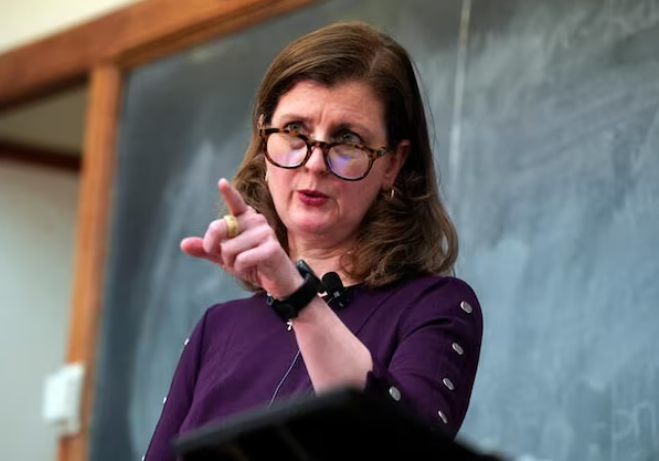A federal judicial panel has rejected a misconduct complaint against two of the 13 judges who signed a letter in May announcing a boycott of hiring law clerks from Columbia University. The boycott was in response to the university’s handling of pro-Palestinian student demonstrations related to Israel’s war in Gaza.
On August 12, the 11th Circuit Judicial Council upheld Chief U.S. Circuit Judge William Pryor’s decision to dismiss the misconduct complaint against an appeals court judge and a district court judge. Although the judges were not named, U.S. Circuit Judge Elizabeth Branch and U.S. District Judge Tilman Self, both of whom serve in the 11th Circuit’s jurisdiction, were the only two to sign the letter. Neither judge responded to requests for comment.
Along with 11 other appointees of former Republican President Donald Trump, these judges called Columbia an “incubator of bigotry” in their letter and demanded “serious consequences” for participants in the campus demonstrations. The letter accused Columbia of fostering antisemitism and hostility toward diverse viewpoints, stating that the university had “disqualified itself from educating the future leaders of our country.” As a result, the judges pledged not to hire law clerks from Columbia for students entering in the class of 2024 and beyond.
Branch had previously participated in similar boycotts against law clerk applicants from Yale and Stanford, alongside U.S. Circuit Judge James Ho of the 5th U.S. Circuit Court of Appeals, in response to disruptions of conservative speakers on those campuses.
An unnamed complainant filed the misconduct complaint, arguing that the two judges engaged in inappropriate and partisan behavior that could have a prejudicial effect on the courts. The complaint criticized the judges for attributing the actions of a few protesters to the entire university and for their “collective punishment” approach, which the complainant claimed undermined principles of individuality and rights.
Judge Pryor, however, dismissed the complaint, stating that judges are allowed to consider an applicant’s educational background when assessing their potential to succeed as law clerks. He further argued that it is reasonable for judges to make conclusions about the quality of a school’s educational program as part of that evaluation.
The decision came after the 5th Circuit Judicial Council dismissed a similar misconduct complaint against eight other judges who also participated in the Columbia boycott, including Judge Ho. Additionally, U.S. District Judge Daniel Traynor, another signatory of the letter, recently declined to recuse himself from a case involving Columbia Law School faculty over protests related to the Dakota Access oil pipeline.

